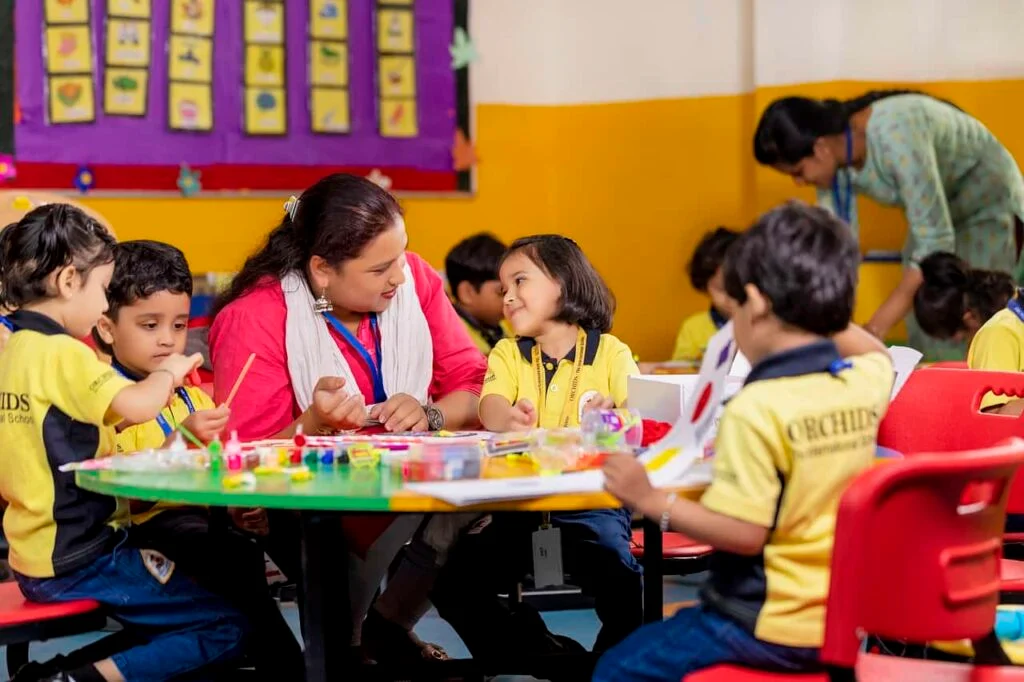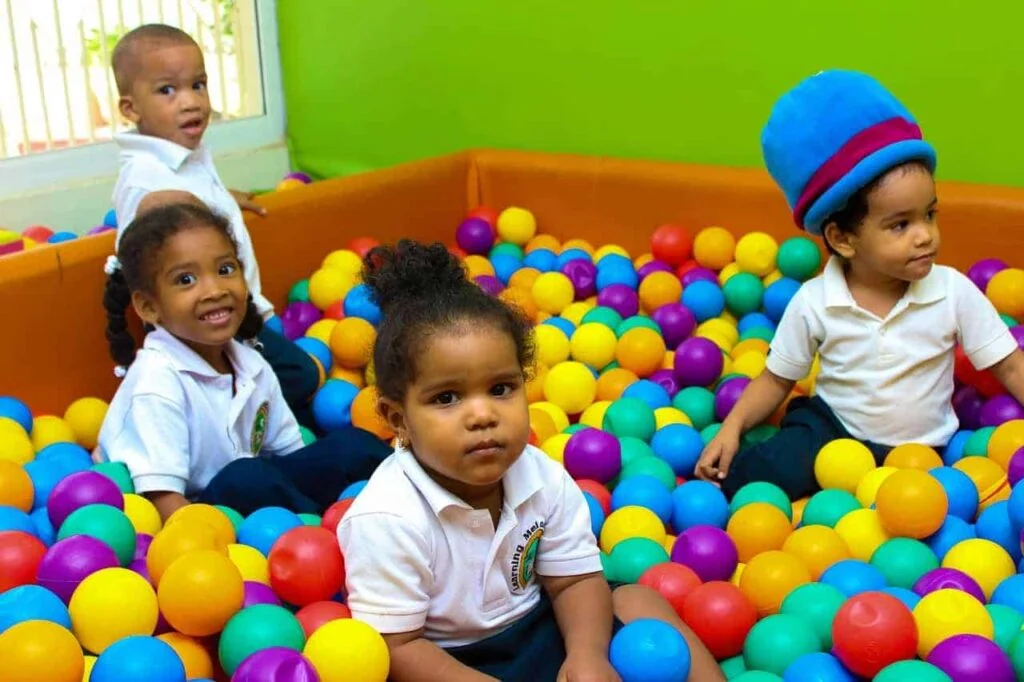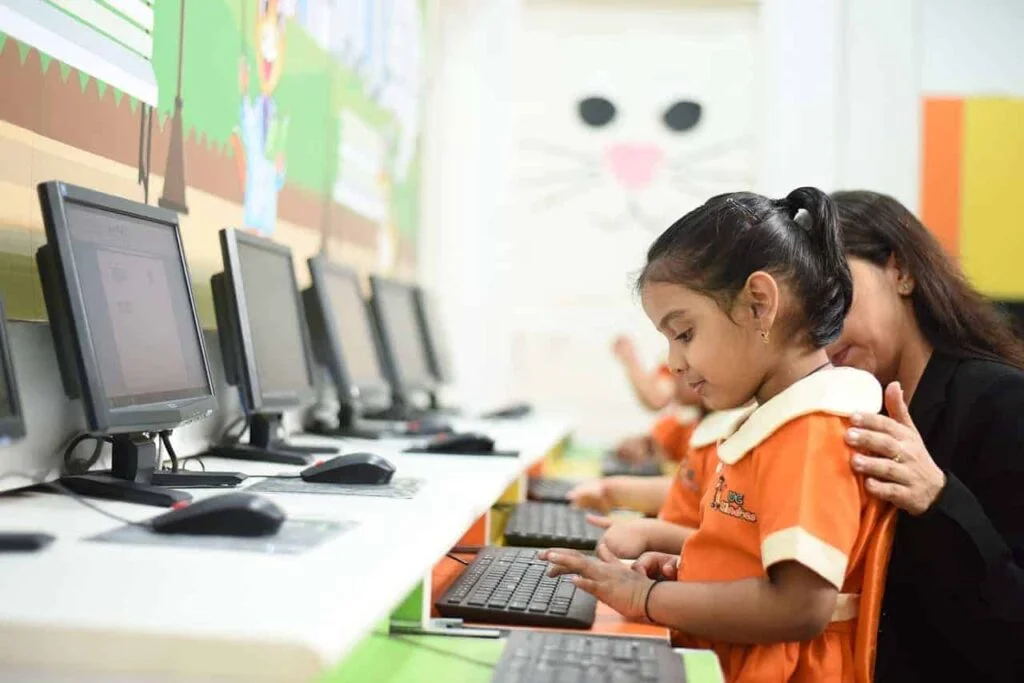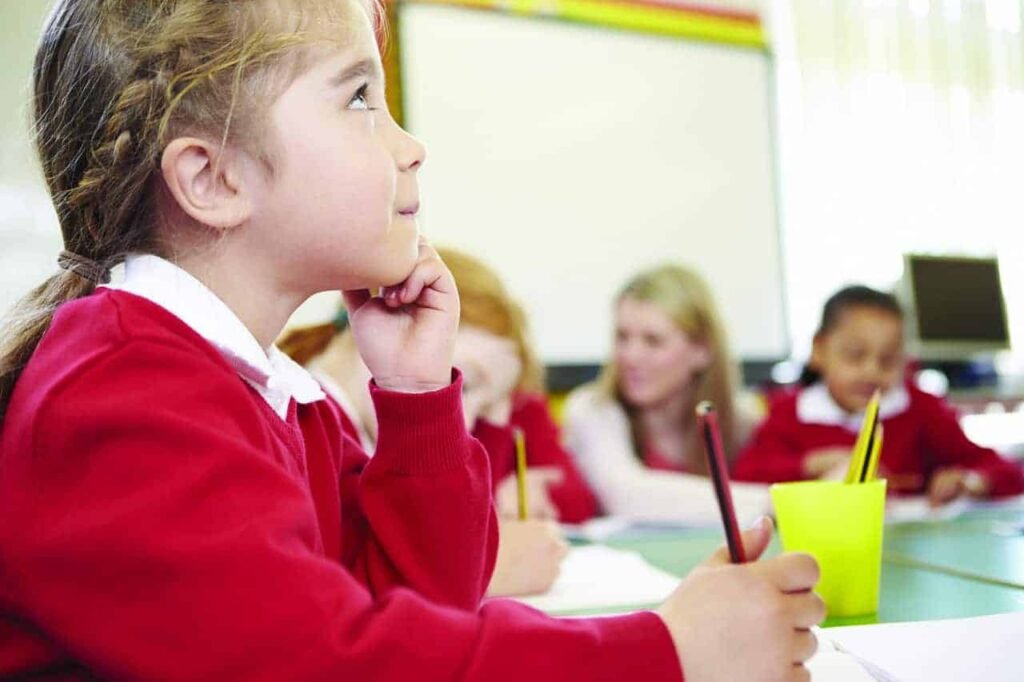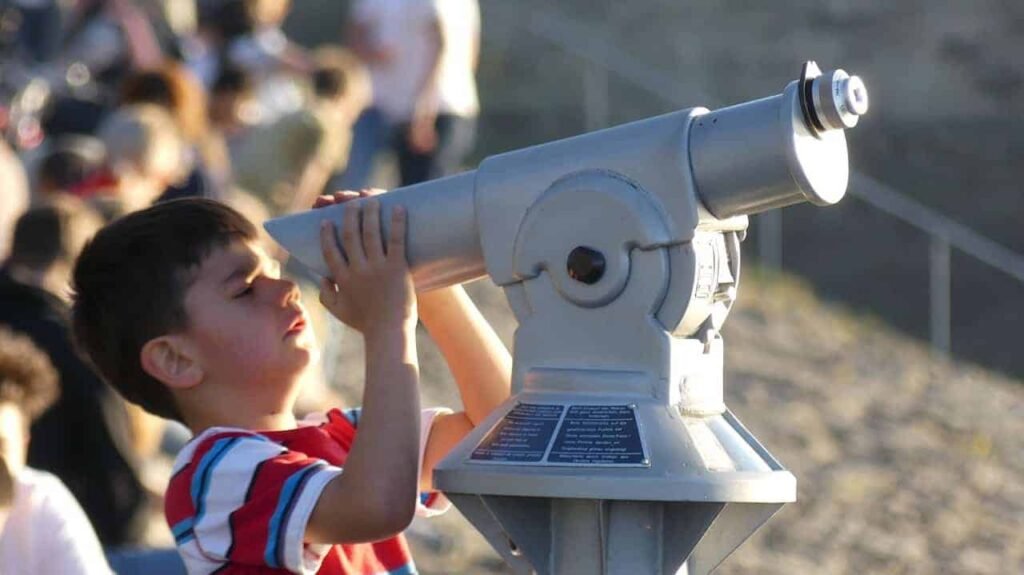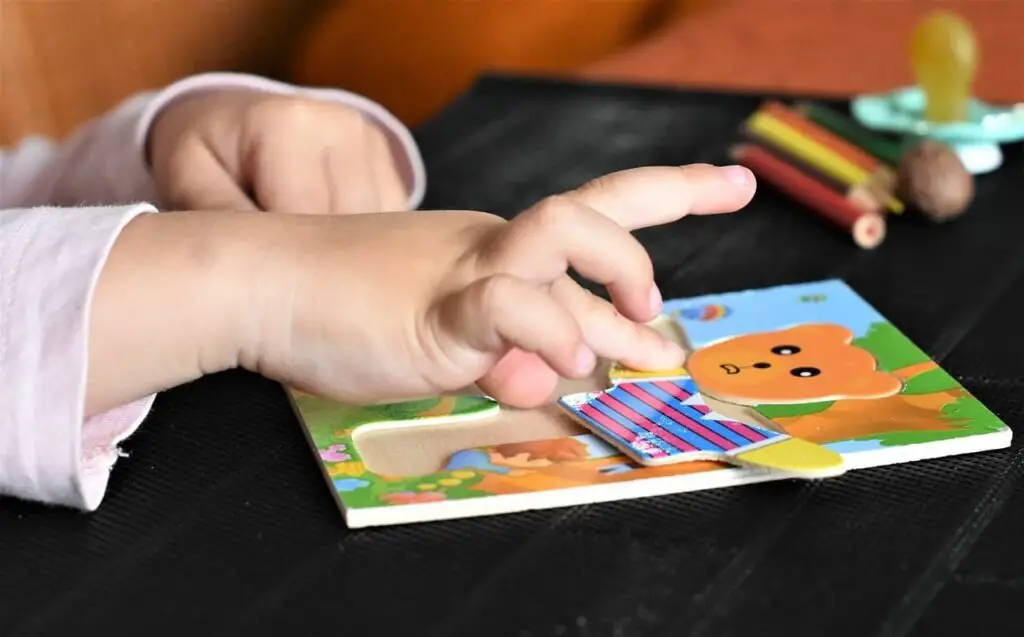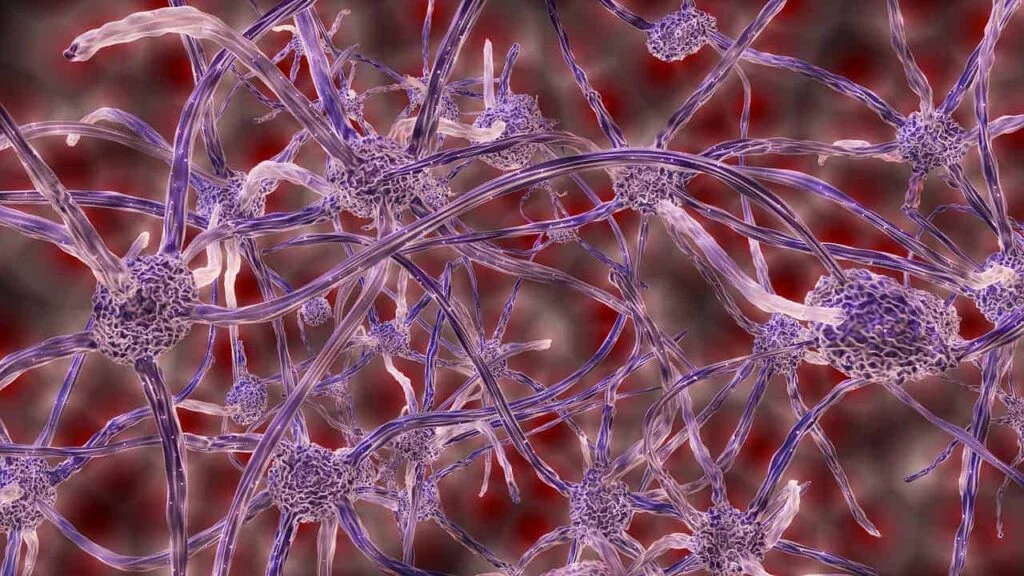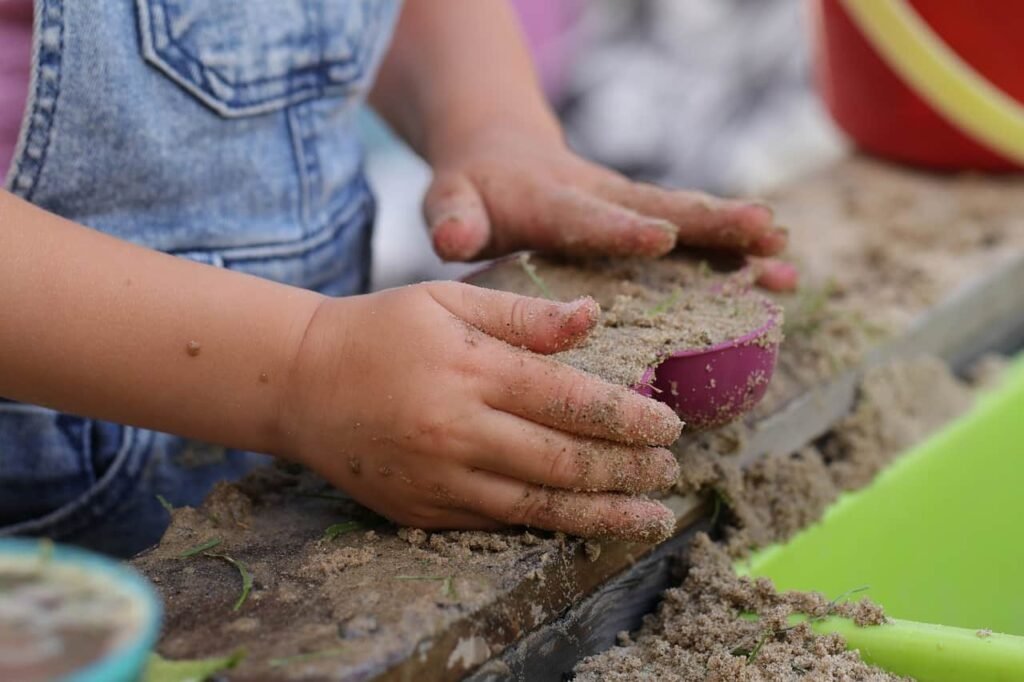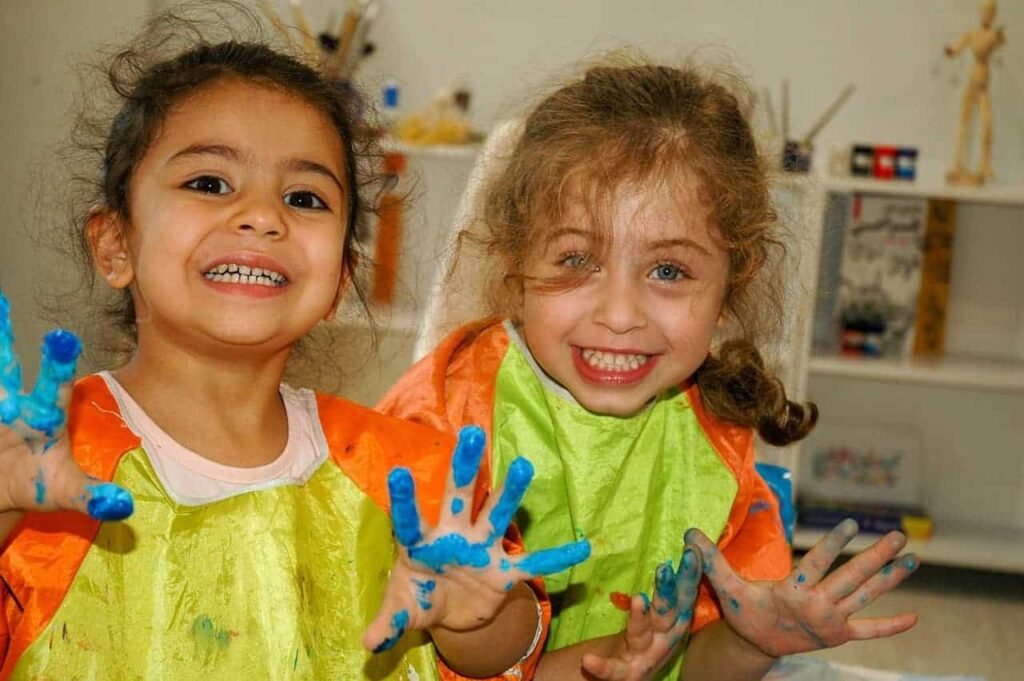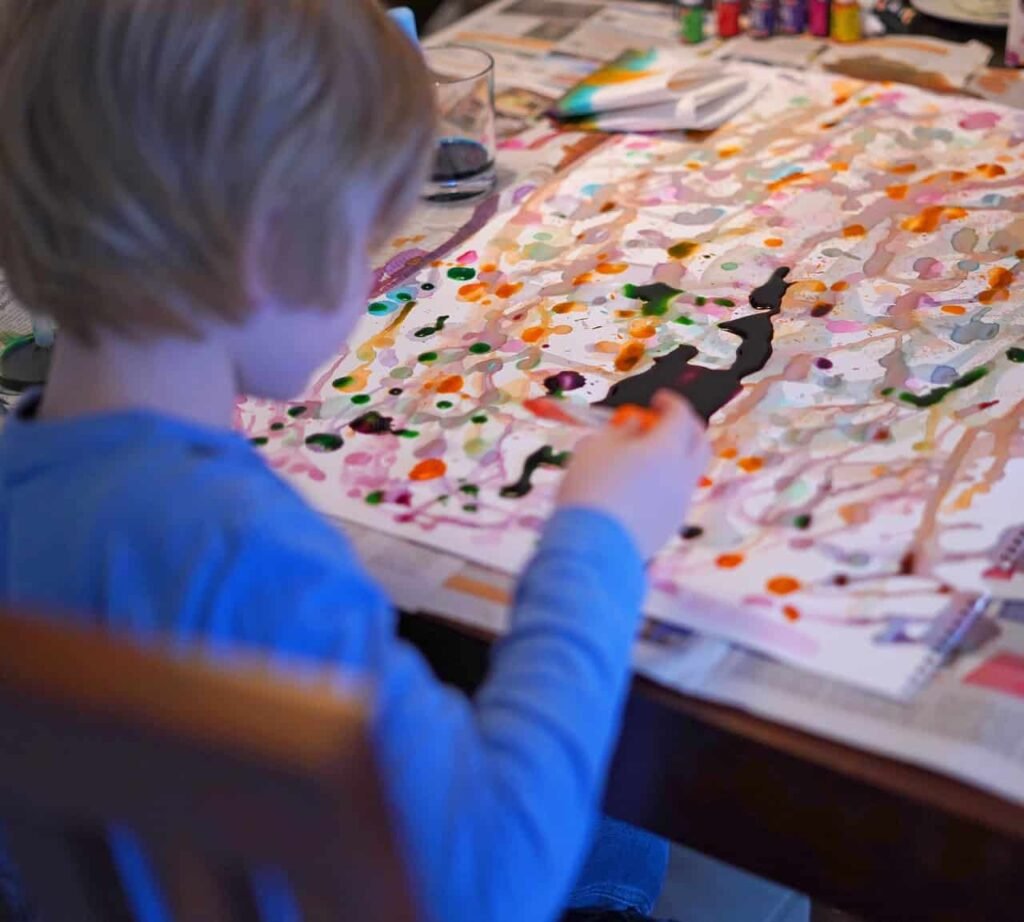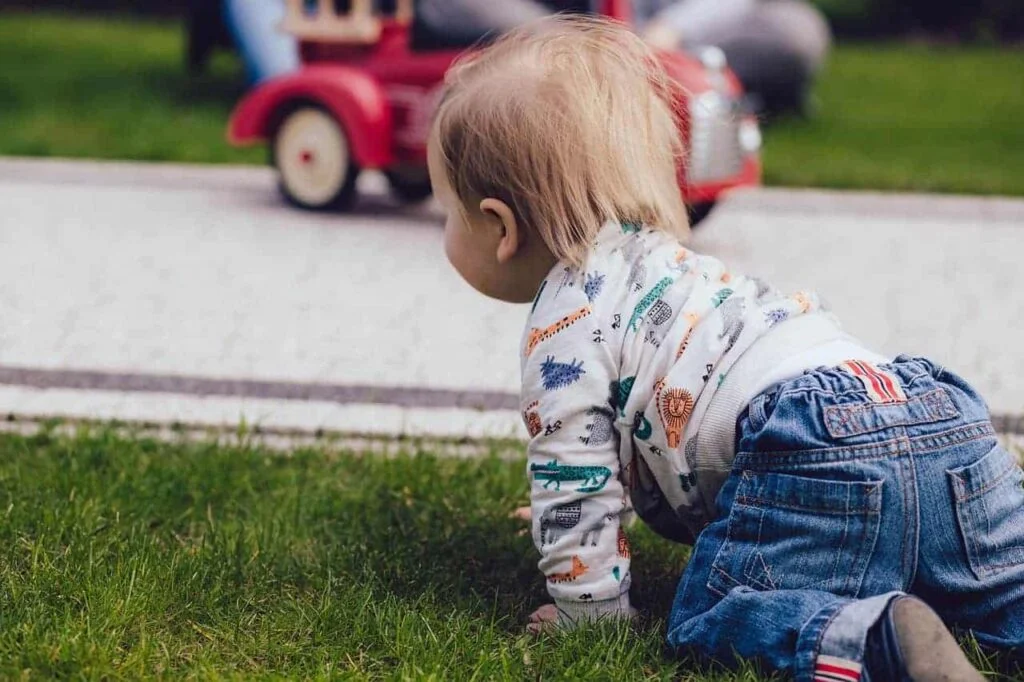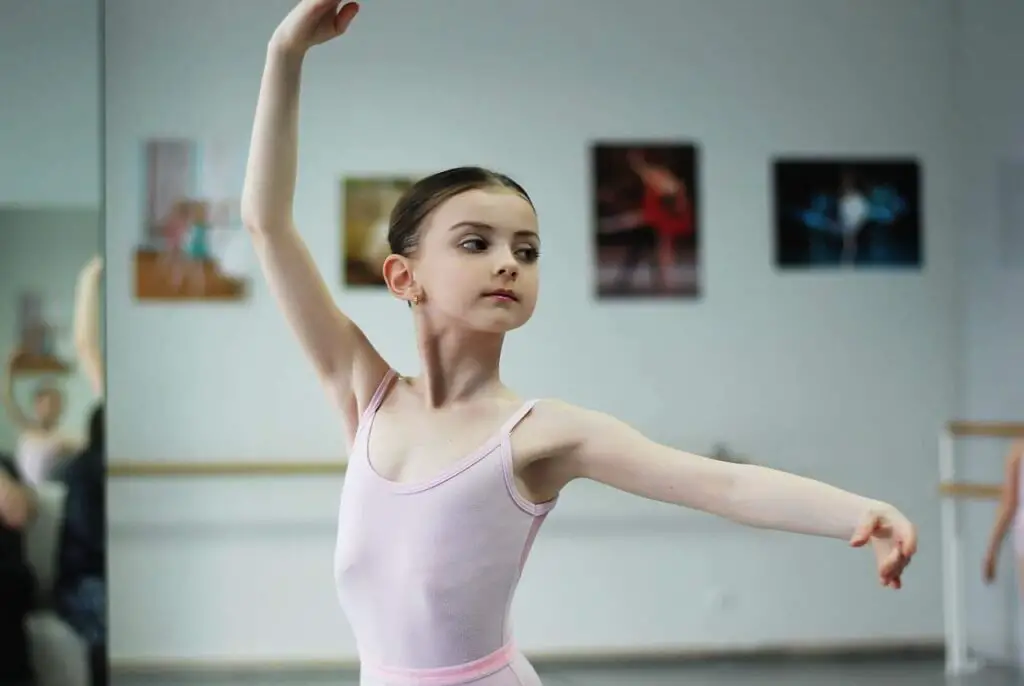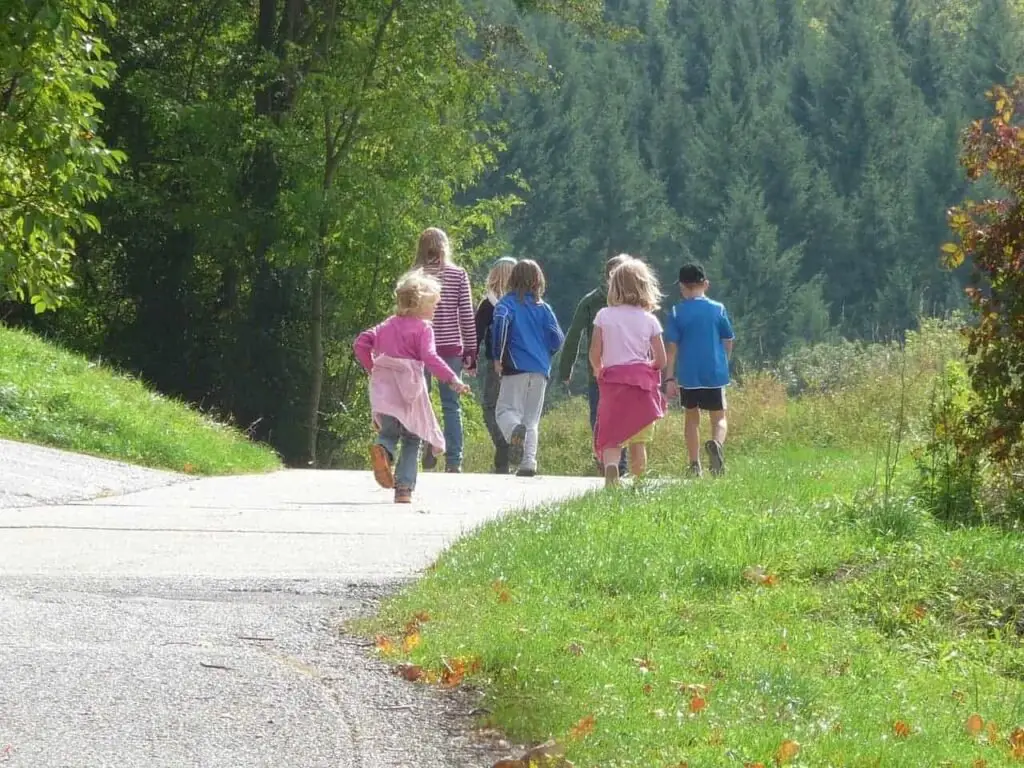6 Challenging Transitional Experiences From Preschool To School
Thanks to the lack of awareness of the 6 challenging transitional experiences from preschool to school children go through, many parents unfortunately miss to fully notice the pain and discomfort their children go through. Transition, in general, is the process or period of changing from one state to another, and involves an individual leaving something […]
6 Challenging Transitional Experiences From Preschool To School Read More »
